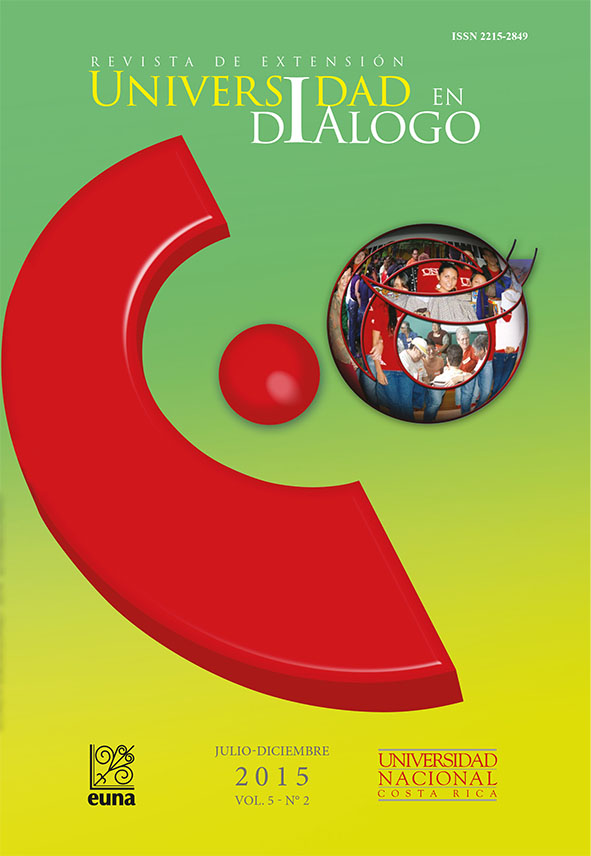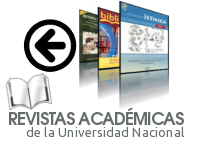Mathmatic Anxiety in Students at their First Year in Universidad Nacional de Costa Rica
Keywords:
Math anxiety, university students, academic performanceAbstract
This paper presents a research advance of a project that aims to study the levels of math anxiety having a group of students from Universidad Nacional de Costa Rica and establish its relationship with some variables such as gender, place of origin, academic performance, type of school where he obtained in high school, his course, repetition, etc. For this, an adaptation of mathematics anxiety scale Fennema-Sherman (1976), which has been validated over 30 years of application is used. Student interviews will be conducted to determine the factors that influence the behavior of their math anxiety. This study aims to provide new information on the influence of math anxiety in Costa Rican college students and the factors that influence levels of math anxiety and its relationship to academic performance.References
Fennema, M., & Sherman, J. A. (1976). Fennema-Sherman mathematics attitudes scales. Intrument designed to measure attitudes toward the learning of matematics by males and females. JSAS Catalog of Selected Documents of Psyhcology, 6(3) (Ms. No. 1225)
Hernández, R., Fernández, C., & Baptista, M. (2010). Metodología de la investigación. México: McGraw-Hill.
Gavira, N. (2008). Análisis de las causas del alto índice de reprobación en la asignatura de matemáticas en el bachillerato. Trabajo presentado en el Primer Congreso Internacional de Educación Media Superior y Superior, Ciudad de México, México. Obtenido de http://www.faced.ucm.cl/congreso/CAL016.pdf
Hembree, R. (1990). The nature, effects, and relief of mathematics anxiety. Journal for Research in Mathematics Education, 33-46.
Hopko, D; Mahadevan, R; Bare, R. y Hunt, M. (2003). The abbreviated math anxiety scale (AMAS). Construction, validity, and reliability. Assesment, 10(2), 178-182.
Ma, X. (1999). A meta-analysis of the relationship between anxiety toward mathematics and achievement in mathematics. Journal for Research in Mathematics Education, 520-540.
Marshall, G. (2000). Explaining mathematics anxiety in college students: A research project. The Mathematics Educator, 5(1/2), 108-116.
Missildine, M. (2004). The relations between self-regulated learning, motivation, anxiety, attributions, student factors, and mathematics performance among fifth and sixth grade learners (Tesis doctoral), Auburn University.
Pérez, P. (2012). La ansiedad matemática como centro de un modelo causal predictivo de elección de carreras (Tesis doctoral). Universidad de Granada, España.
Richardson, F., & Suinn, R. (1972). The mathematics anxiety rating scale: Psychometric data. Journal of Counseling Psychology, 551-554.
Tobias, S., & Weissbrod, C. (1980). Anxiety and mathematics: An update. Harvard Educational Review, 63-70.




